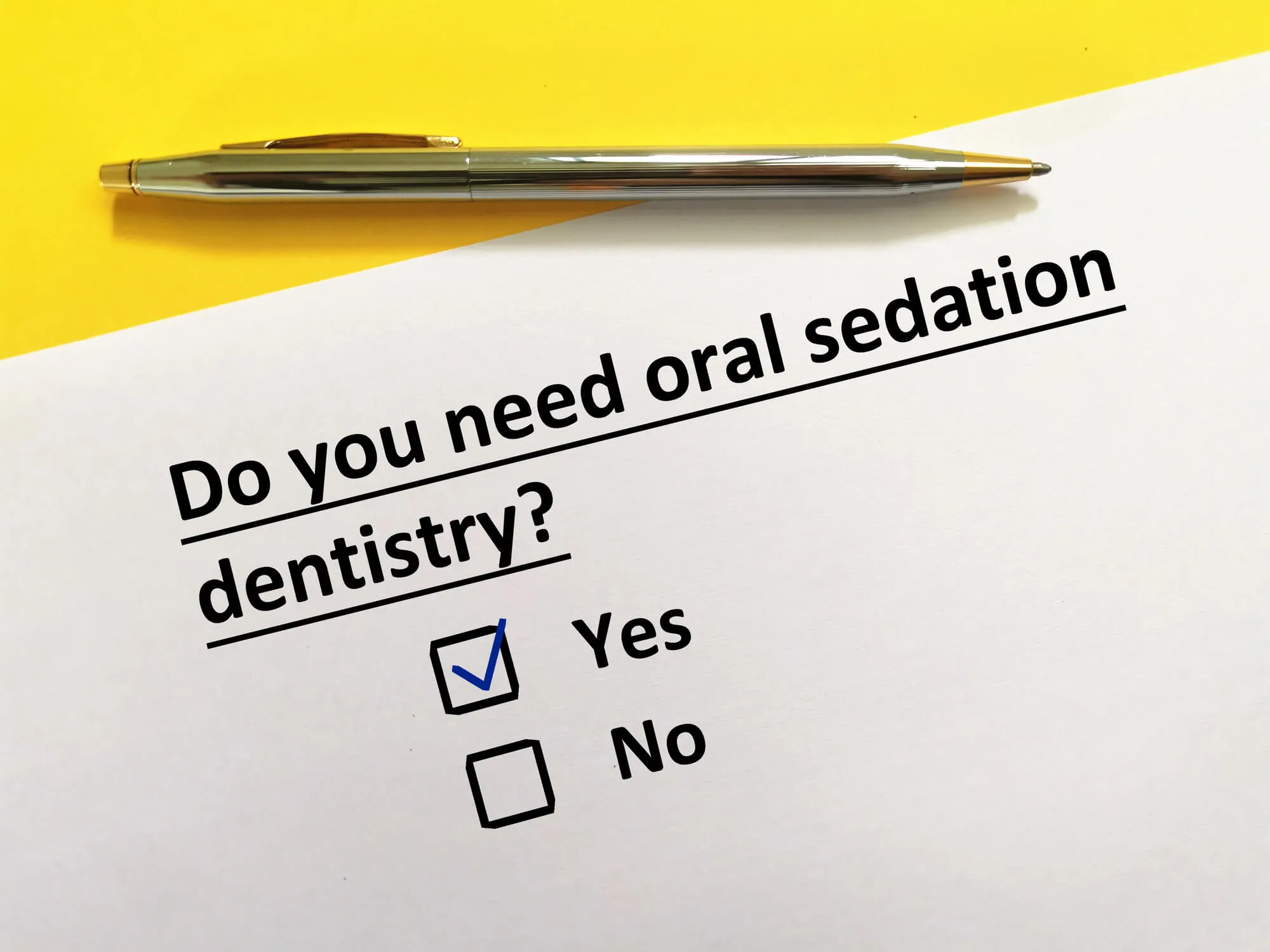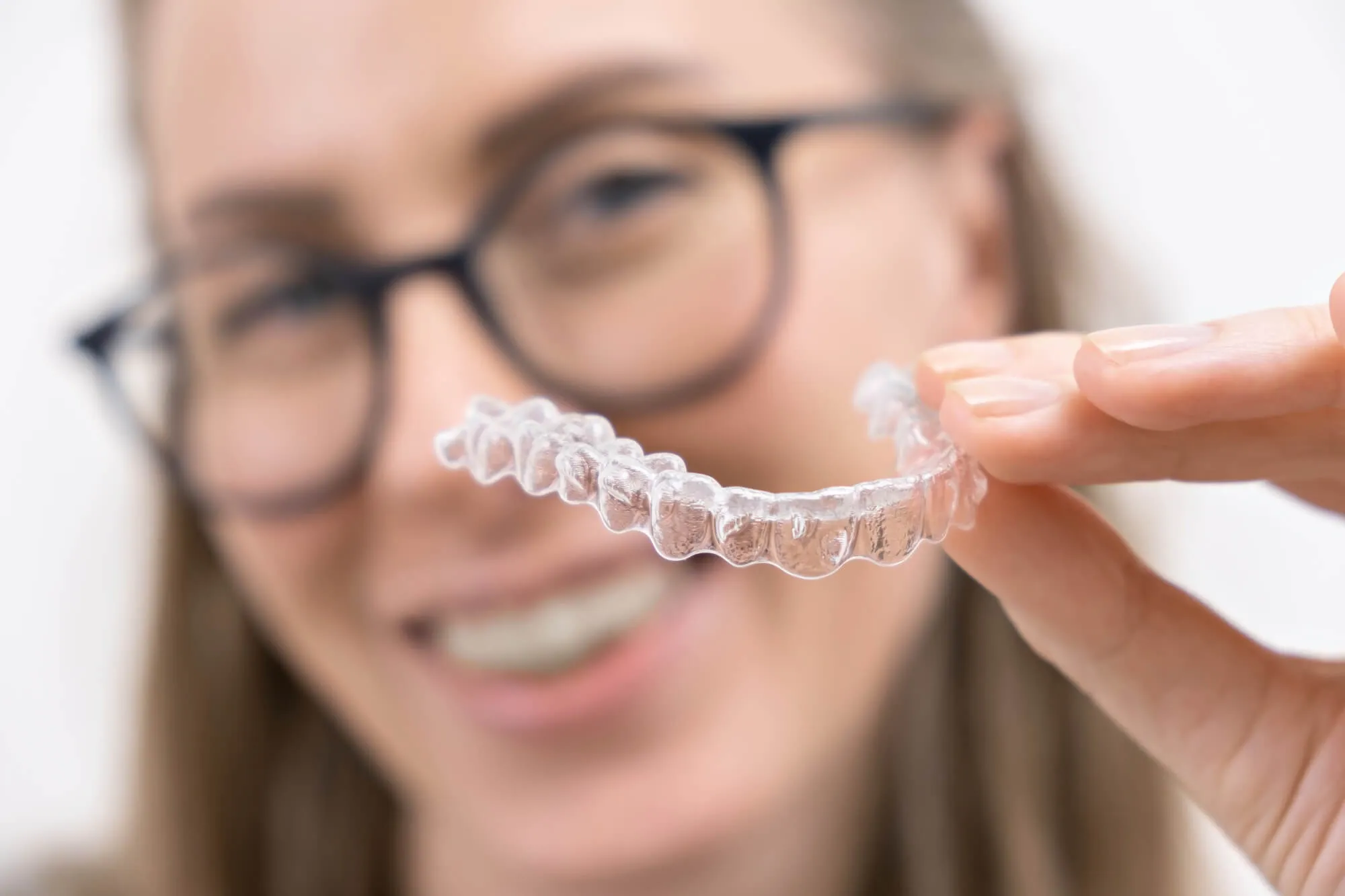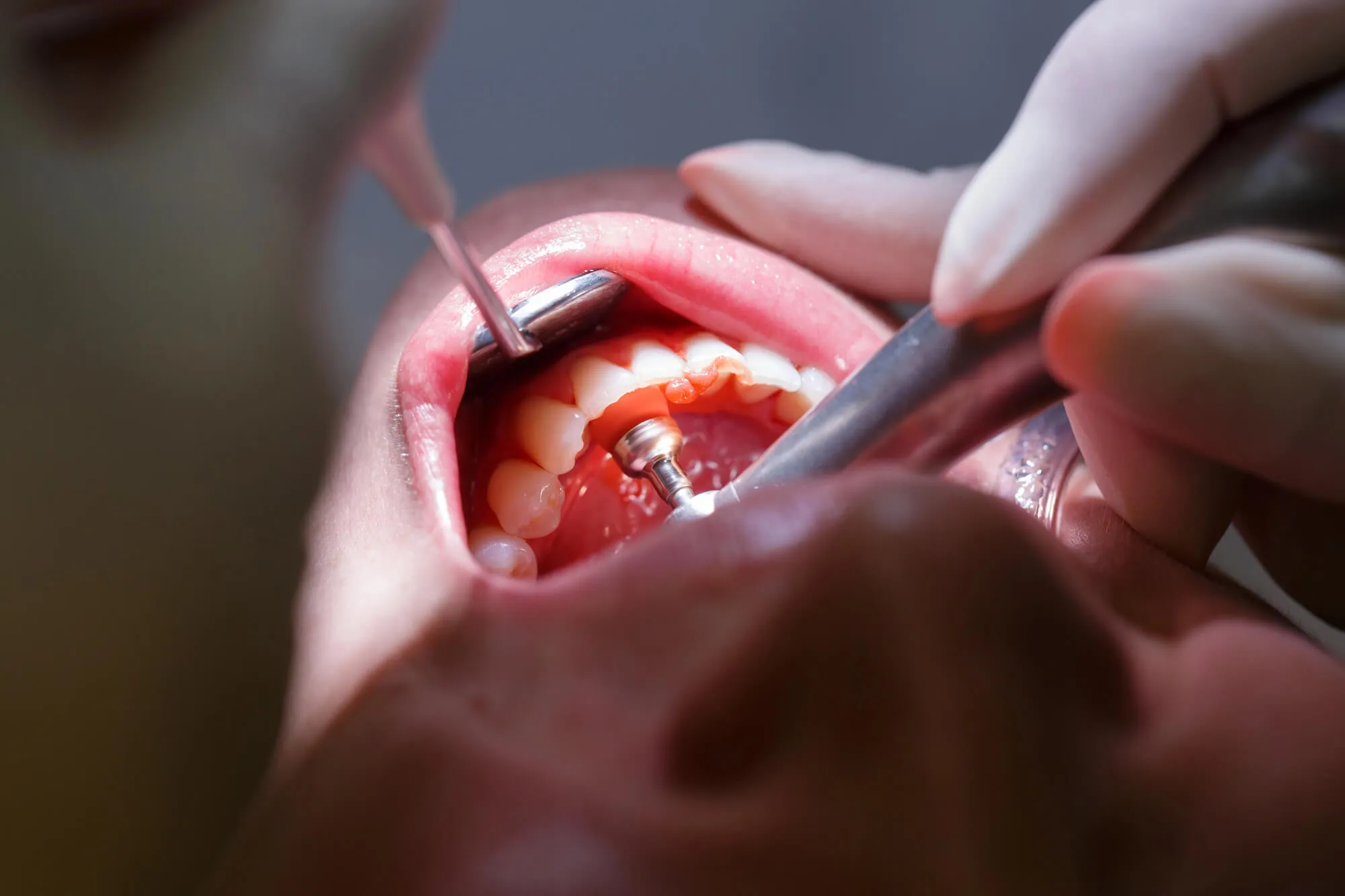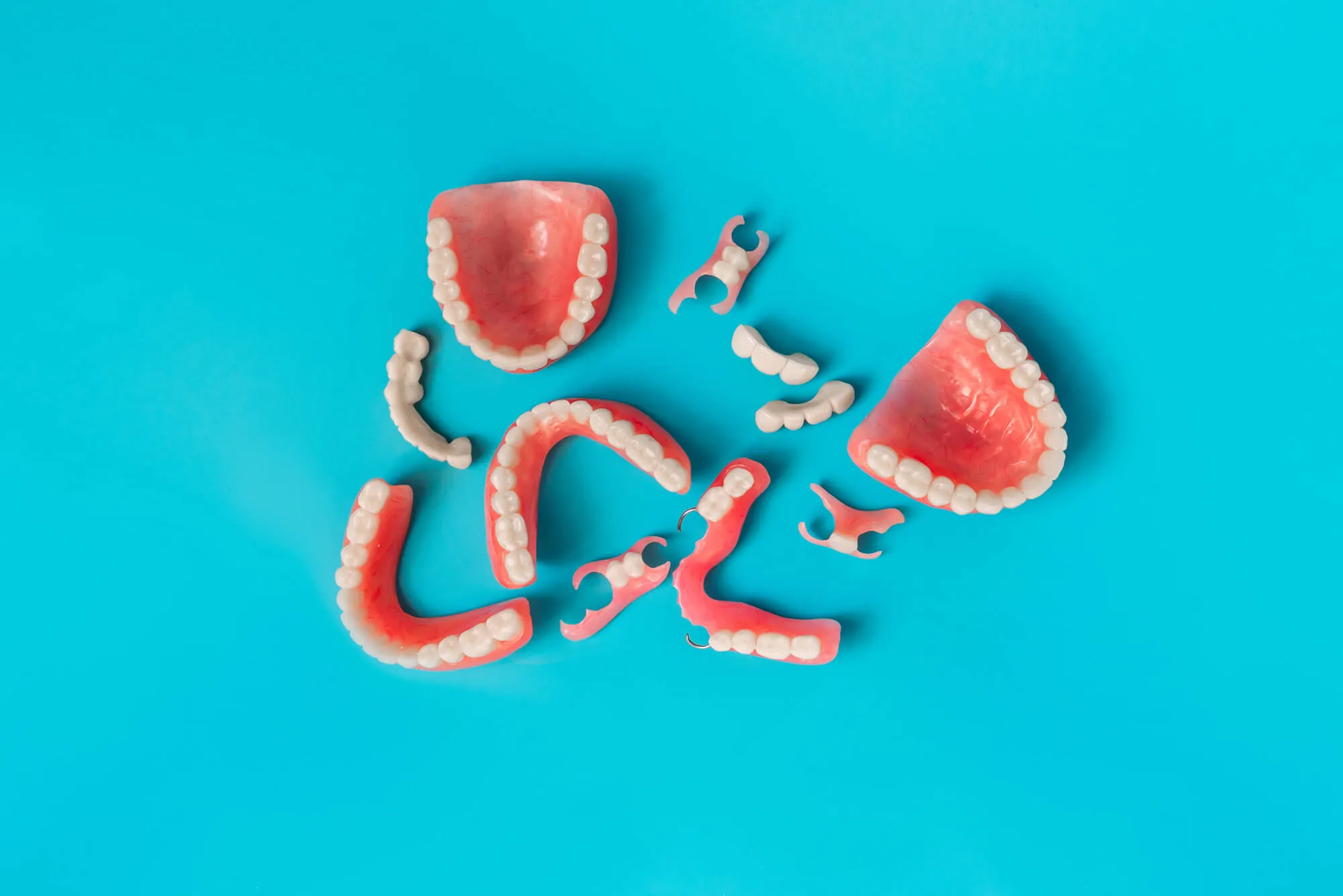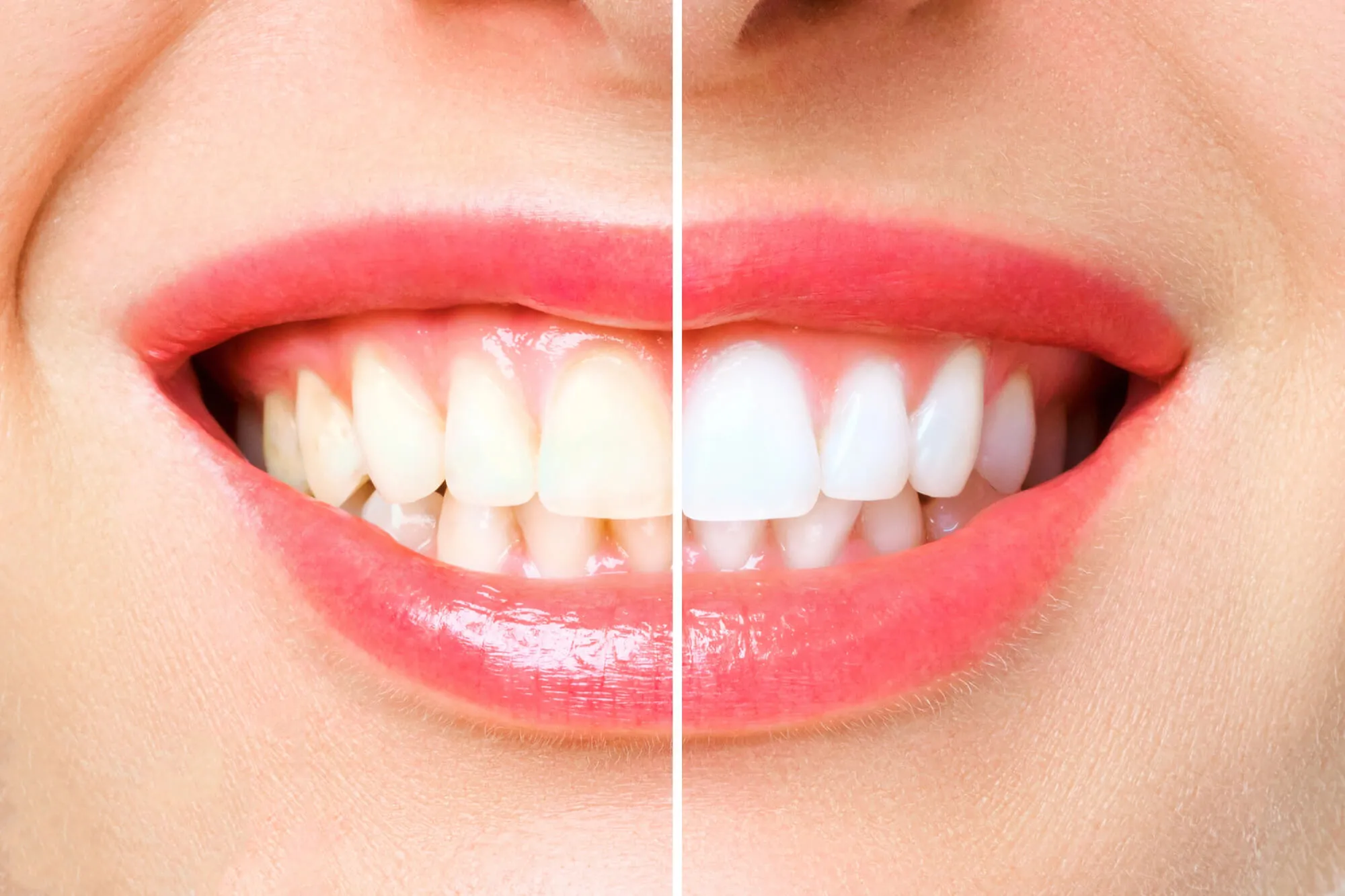Why Your Medical History Matters Before Dental Sedation

If dental visits make you anxious, you're not alone—sedation dentistry may offer a way to ease that stress. By helping you relax, sedation can make even complex procedures feel more manageable. But there's a crucial detail that shouldn't be skipped: your complete medical history. This step isn't just routine; it's how your dentist in Fort Lauderdale determines the safest type and level of sedation for you.
Medications used during sedation interact with your body in many ways. Without the right health information, they can pose otherwise avoidable risks with proper planning.

The Crucial Role of Medical History in Sedation Dentistry
Sedation dentistry involves medications that interact with your central nervous system. These medications can affect breathing, blood pressure, and heart rate. Sedation can pose unnecessary risks if your dentist doesn't know your full health background.
Medical Conditions That May Require Special Consideration
Cardiovascular Conditions
Sedation can be risky if you have high blood pressure, a history of heart attacks, or irregular heart rhythms. Certain sedatives may drop your heart rate or blood pressure. Your dental team may consult your cardiologist or adjust your sedation plan to make things safer.
Respiratory Disorders
Breathing issues like asthma, sleep apnea, or COPD can complicate sedation. Since many sedatives relax muscles, including those used for breathing, patients with these conditions might need extra precautions, oxygen support, or even a different sedation type.
Liver and Kidney Disease
Your liver and kidneys process and remove sedation medications from your body. If either of these organs isn't working well, sedation may linger longer or become more potent than intended. That's why sharing your diagnosis is important—it helps your dentist adjust dosages or timing.
Medications That May Interact with Sedative Drugs
Blood Thinners
Medications like warfarin or aspirin can increase bleeding during procedures. Sedation itself may not directly affect this, but your dentist needs to know if an invasive procedure is planned.
Antidepressants and Antianxiety Medications
These can amplify the effects of sedatives. Letting your dental team know gives them the information they need to avoid over-sedation or harmful side effects.
Herbal Supplements
Even natural remedies like kava, valerian root, or St. John's Wort can interact with sedation. Mentioning every supplement you take, no matter how small, helps ensure your safety.
Other Factors That Affect Sedation Suitability
Body Weight and BMI
Higher or lower body weight can affect how the body processes sedation. Obese patients, in particular, may have restricted airways or other conditions that increase their risk.
Age Considerations
Older adults may be more sensitive to sedatives. Their slower metabolism and existing health conditions mean their bodies don't process medications the same way they did at 25.
History of Substance Use
If you have a history of alcohol or drug use, your tolerance to sedatives may be higher or dangerously unpredictable. This isn't something to be ashamed of; it's something your dentist needs to know to keep you safe.

How Dentists Use Medical History to Plan Sedation
Sedation dentistry begins with listening. Your dental team will take your medical history seriously and walk you through it. Here's how that information is used:
Creating a Personalized Sedation Plan
We'll assess what type of sedation is right for you: nitrous oxide, oral sedatives, or IV sedation. Each has its own safety profile and advantages. Your history helps us make that call with confidence.
Collaborating with Your Physicians
We may contact your primary doctor or specialist if your health conditions require it. This is how we coordinate care and reduce the chance of complications.
Choosing the Right Timing
Timing matters for patients with blood sugar fluctuations, cardiac medications, or daily medication schedules. We'll work around your needs, not the other way around.
Even if something seems minor, sharing it with your dentist before sedation can help prevent serious complications. Sedation affects your nervous system, breathing, heart rate, and more, so your full health history matters.
Always let your dentist know about:
- Any hospitalizations in the past year, even short stays, may signal underlying issues.
- All current medications and any recent dosage changes – including vitamins and supplements, since some can interact with sedatives.
- Recent surgeries – healing status and medications used during recovery can impact sedation safety.
- Any unusual reactions to anesthesia or sedatives – your past experiences help your dentist choose the right medication.
- Changes in breathing or blood pressure affect how your body handles sedation.
- Pregnancy or plans to become pregnant – some sedatives are not safe during pregnancy.
You help your dentist select the safest sedation approach for your unique needs by being honest and thorough. This is not only helpful but can also protect your health.
Sedation Dentistry Alternatives for High-Risk Patients
If you're not a good fit for traditional sedation methods due to a medical condition, there are still safe and effective ways to make dental visits more manageable. Many patients find relief through a combination of non-sedative techniques and personalized care strategies that ease anxiety without added health risks.
Noise-Canceling Headphones and Calming Environments
A soothing atmosphere can go a long way. Listening to soft music through noise-canceling headphones helps block out the sounds of dental tools, which are often a major trigger for anxious patients. Dimmed lights, aromatherapy, and warm blankets also create a more relaxed setting.
Mild Sedation and Anxiolytics
For patients who can tolerate minimal medication, a very light oral sedative may be enough to take the edge off. These medications are carefully prescribed and timed to minimize interactions with existing health conditions. Your dentist will evaluate your history to determine whether this is safe.
Pre-Visit Consultations
Meeting your dentist before the procedure, touring the office, and asking questions can reduce the unknowns. Familiarity builds confidence and helps you feel more in control, even without sedation.

Looking for a Reliable Dentist in Fort Lauderdale?
It's perfectly normal to have questions about dental sedation and whether it might ease your appointment experience. Sedation dentistry can make care more accessible, but it starts with understanding your unique medical needs. 1500 Dental offers safe, personalized care that considers your full health picture, because effective sedation begins with trust and communication.
Your comfort matters. To learn more about your options, contact us to schedule your consultation.





